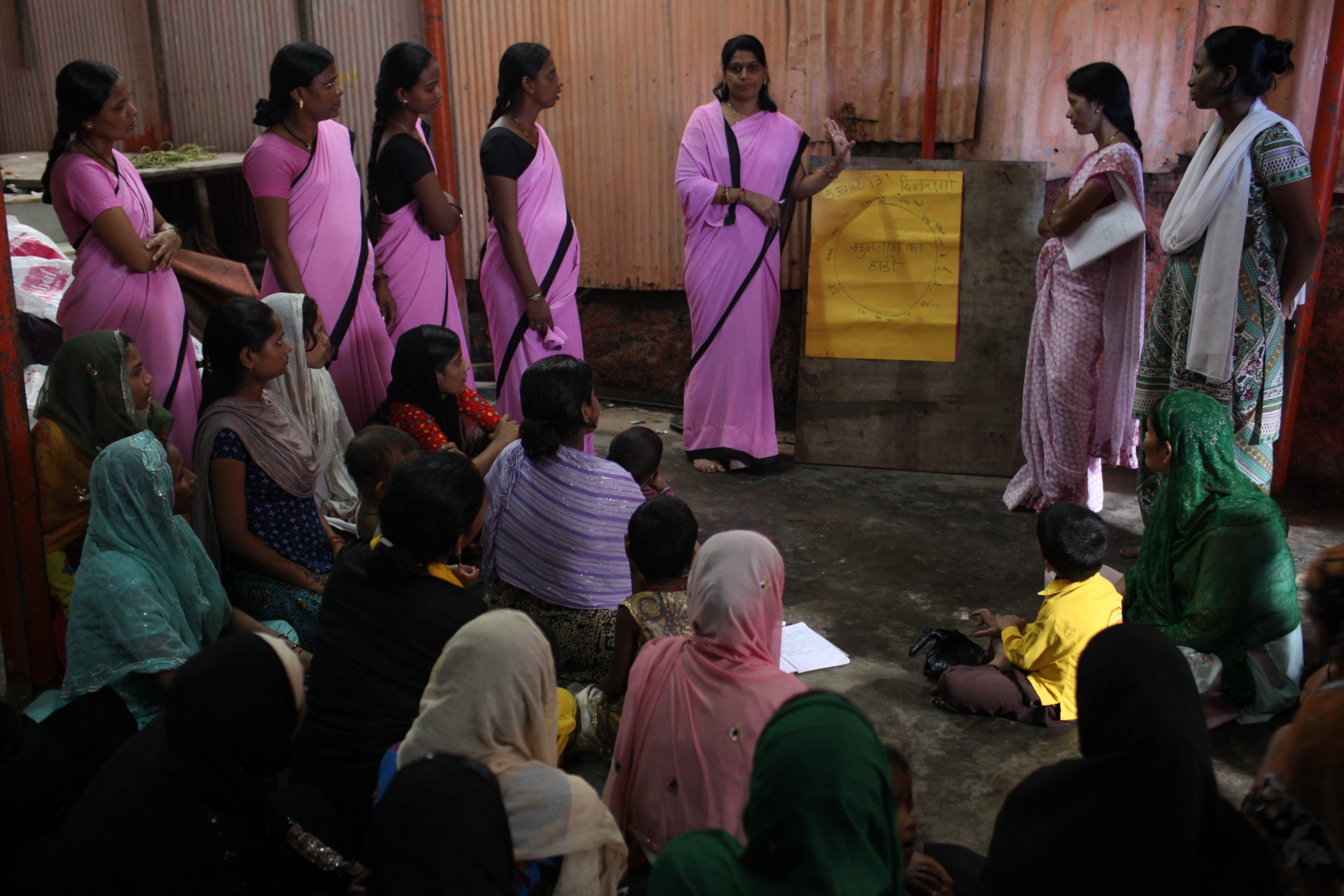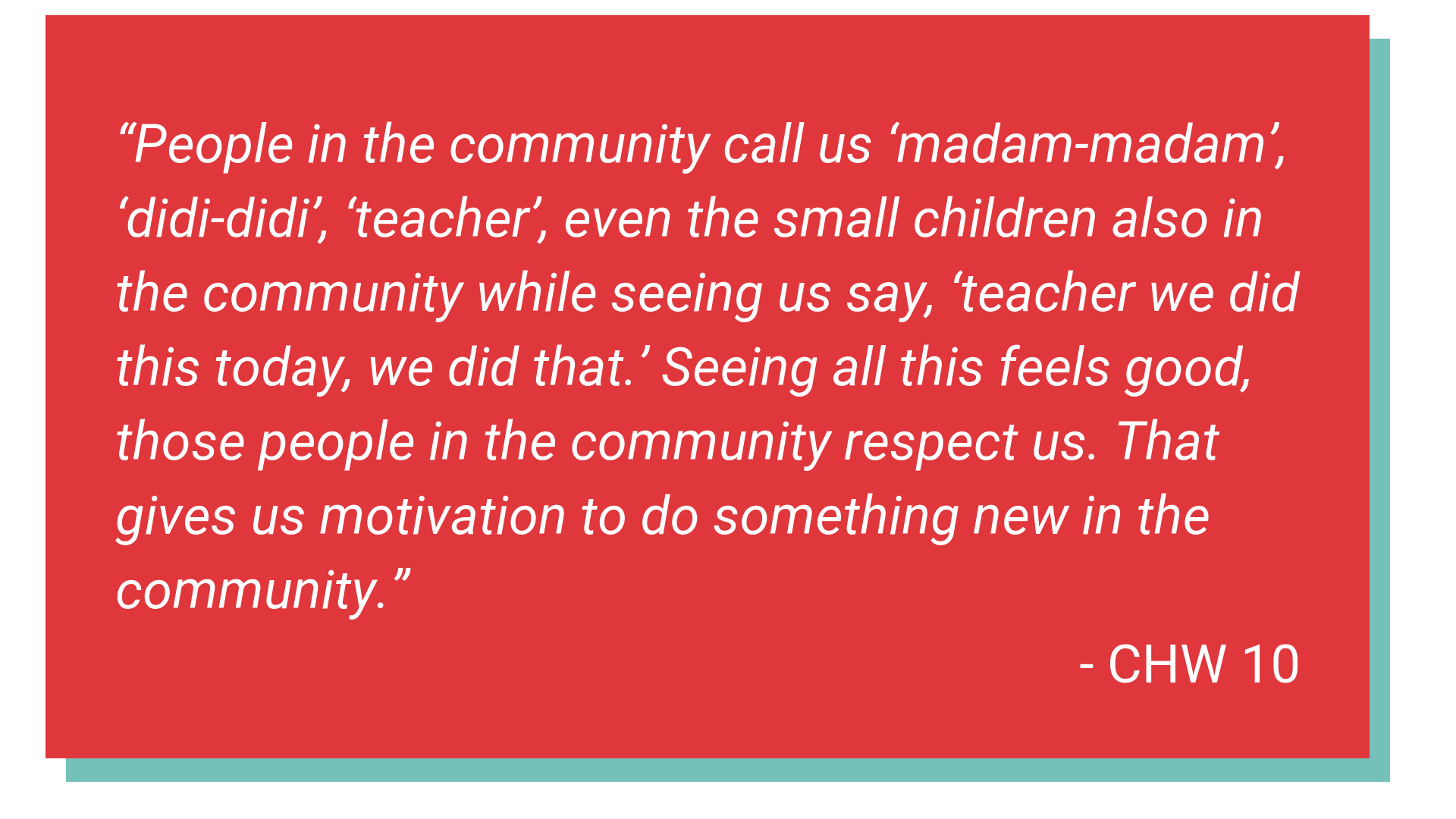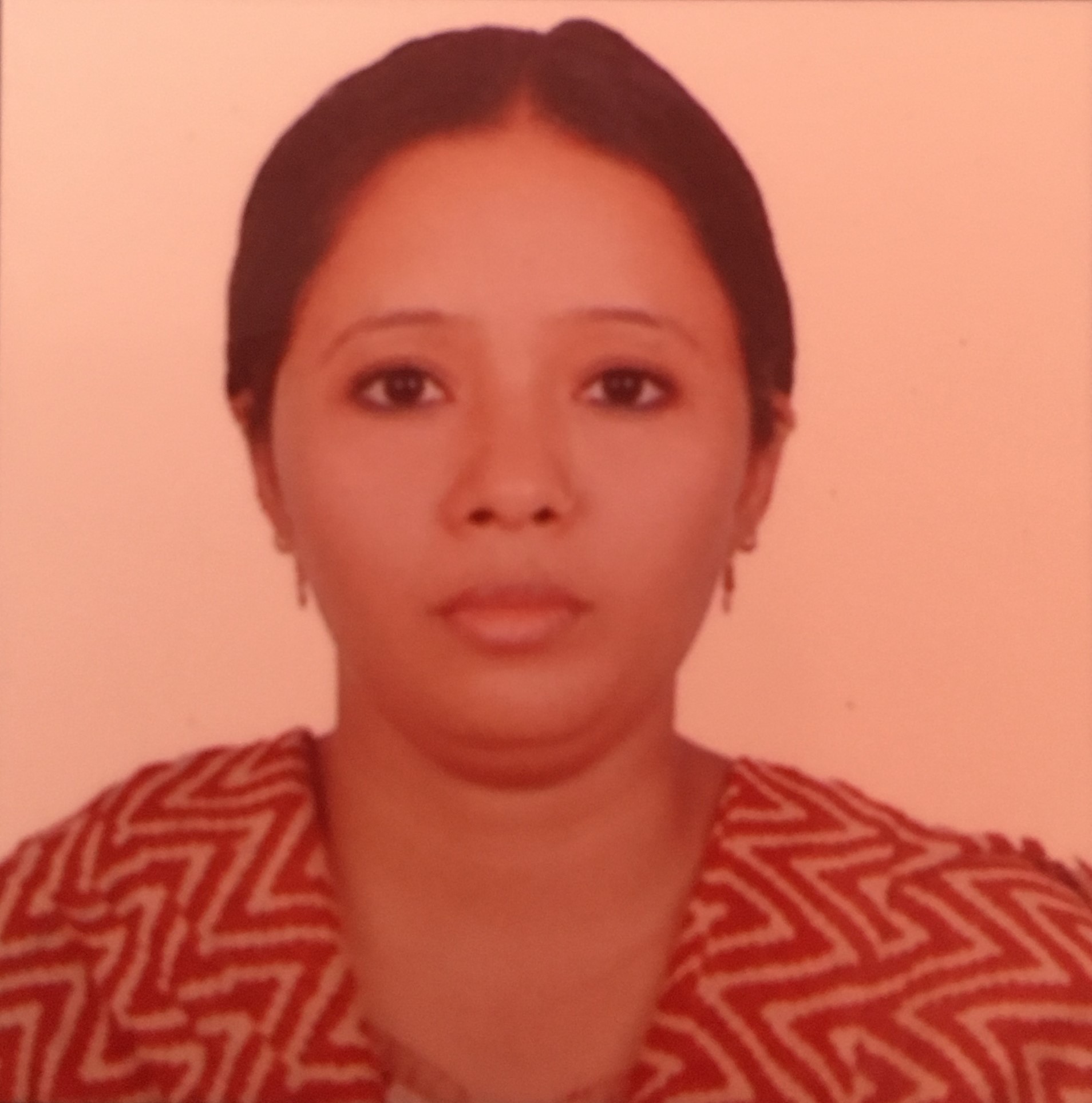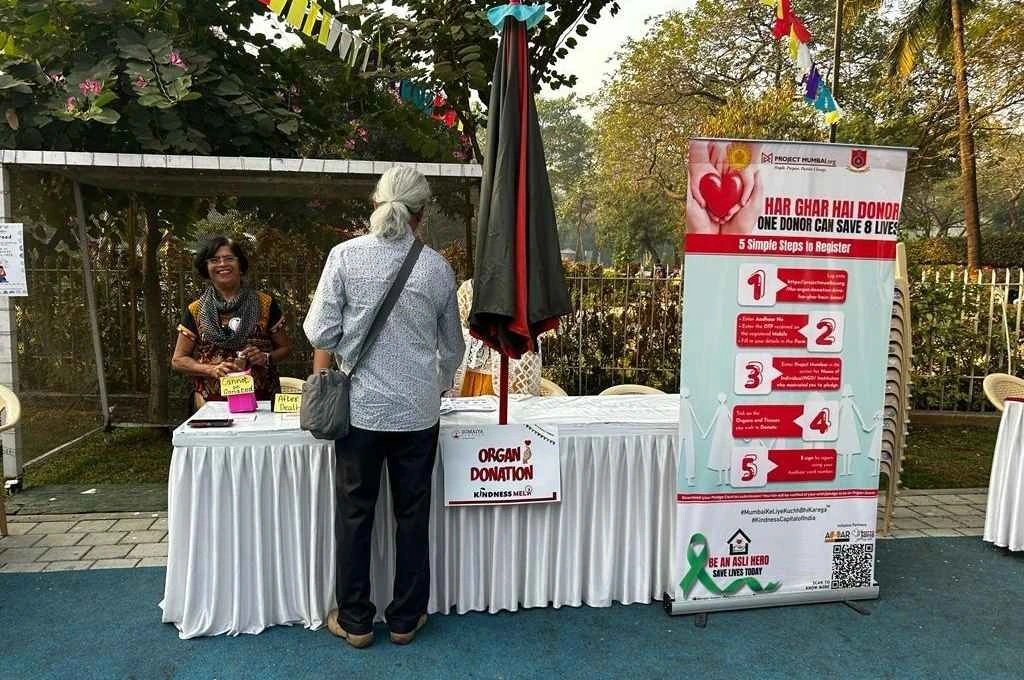The United Nations’ Sustainable Development Goal 3 aims to increase access to universal health coverage by 2030. This is to be achieved through better recruitment, training, and retention of the healthcare workforce (among other things).
Most of the government health schemes in India rely on community health workers (CHWs) to implement their strategies at the ground level. In addition, many nonprofits implementing health interventions also depend heavily on these frontline workers to reach communities and health systems in order to improve the overall health outcomes in the country.
A few years ago, we at SNEHA realised that we know very little about these CHWs beyond the basic demographic information we had access to. To address this, we conceptualised and designed a qualitative study to understand what motivates these CHWs, what their challenges are, and how they are overcome.
The sample of participants was drawn from four nonprofits working in the health sector and Integrated Child Development Services (ICDS). The qualitative research approach included in-depth interviews and participant observation of everyday lives of the frontline worker. There were 46 interviews conducted which also included questions capturing demographic characteristics, recruitment, and training experiences of the frontline worker.
What we found
1. Recruitment
Community health workers are recruited through a mix of both formal and informal processes. Referrals are the most common way of recruiting CHWs.
- Current CHWs work closely with community members and are able to help in the recruitment process by referring good candidates. They give candidates information about the nature of work, job description, and also guide them through the application process.
- Local nonprofit employees often refer people in their communities. They also sometimes have volunteers who wish to commit more time and are subsequently referred to the programme.

Photo courtesy: Maciej Dakowicj
Job postings in newspapers or the internet are not as effective in terms of time and effort in recruiting CHWs.
Once potential applicants find out about the programme, the final selection is based on face-to-face interviews and even written tests in some cases.
2. Training
Organisation support in terms of training, mentorship, recognition, and upward mobility play an important role in retaining CHWs. Their attachment is rooted in programmatic guidance and support received from the organisation. They look up to their supervisors for support during professional and personal crisis.
3. Motivation
a) Community buy-in: When a CHW starts working in any new community they face resistance and often have to spend a lot of time building their credibility and getting buy-in. Health, unlike education, is still not a priority in these informal settlements. Ante-natal care, post-natal care, malnutrition, and prevalence of violence are non-issues unless the problem reaches a critical stage.
The CHW therefore often has to convince the residents that health issues are important, which could be a long and tedious journey. In addition, many residents often move in and out of settlements, thereby needing these workers to identify new residents and build rapport on a continuous basis. Despite these challenges, when they are able to create positive change within settlements, the respect, recognition, and gratitude that they get from their communities is a huge source of motivation for these mainly-female health workers.
b) New skills learned: The skills frontline workers acquire on the job build their self-worth and confidence. This could include something as basic as reading or writing, or be more specific like counselling skills, crowd management skills, or knowledge on facilitating and conducting training sessions.

In addition, CHWs also become more aware about laws, rights, and gain in-depth subject knowledge as part of the training from the organisation they work with them. This often leads to support and respect from their family members, as they are able to transfer the knowledge they acquire on the job to their families.
Implementing what we learnt
1. One of the recruitment strategies could be to use the connections formed in the community to identify people who can be associated with the NGO/ICDS on a long-term basis. This could shorten the time taken to recruit and perhaps lower attrition rates.
2. Training is a continuous need of the frontline worker. Regular and refresher trainings are needed not only to develop technical skills but also managerial and soft skills. We also realised that training and capacity building of the frontline workers is not just about skill building but also about confidence building. This is what ultimately leads to improved performance on the job.
3. Those working with CHWs should understand that more time must be given to them for community acceptance. Efforts should be made to train them well on how to approach families residing in new areas of work and to get their buy-in. Interventions need to be contextualised and tweaked as per the needs of the community.
In this context it is also important for their supervisor to play an active role in the community in the initial phase of programme implementation. Community should be involved in decision making and developing implementation strategies. Finally, programme outcomes should be shared with them from time to time.
4. Sharing results and outcomes of the intervention with the frontline workers and taking their feedback and suggestions before making programmatic decisions could go a long way in keeping their morale up.




